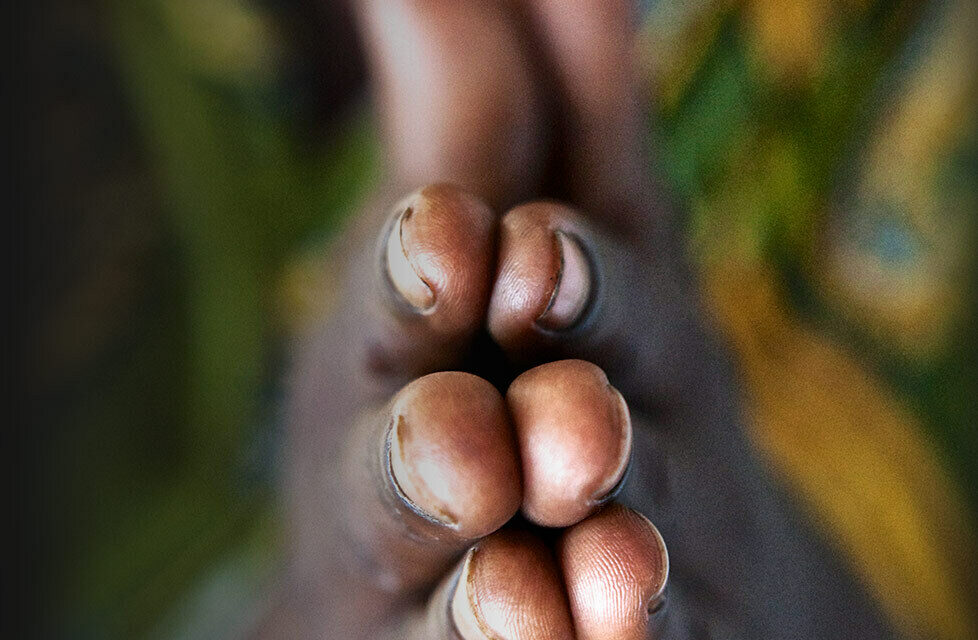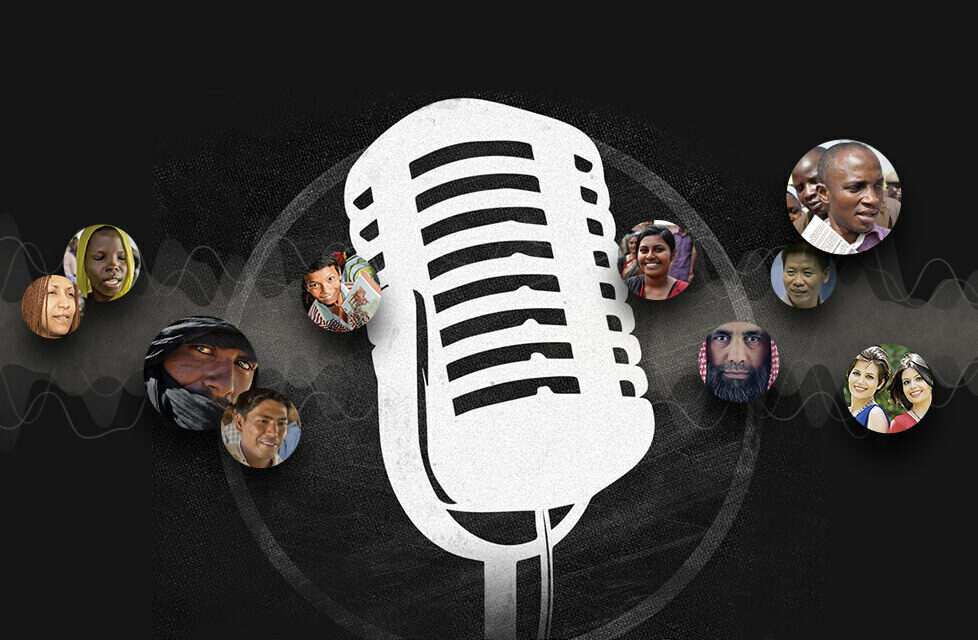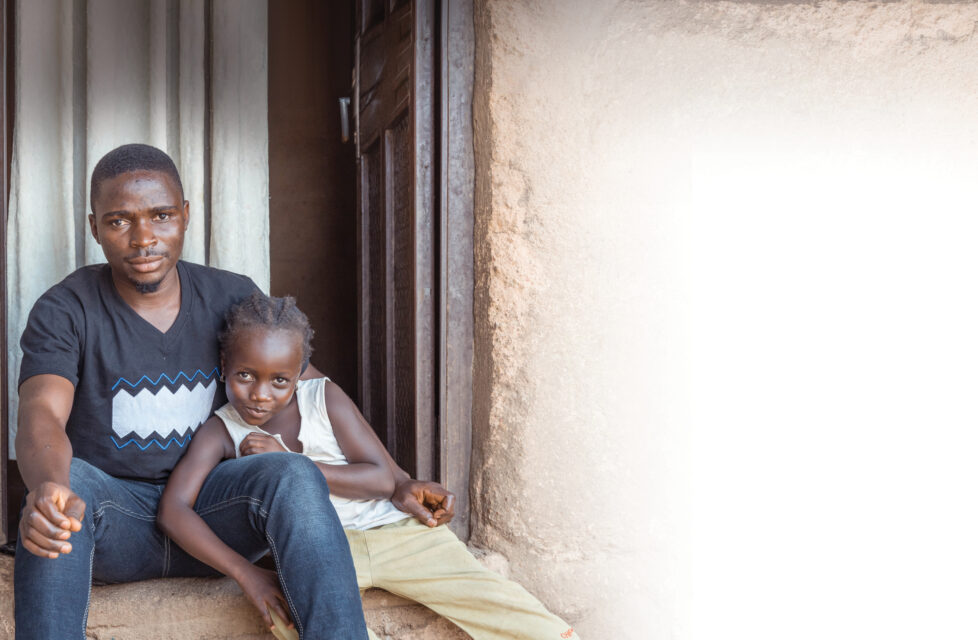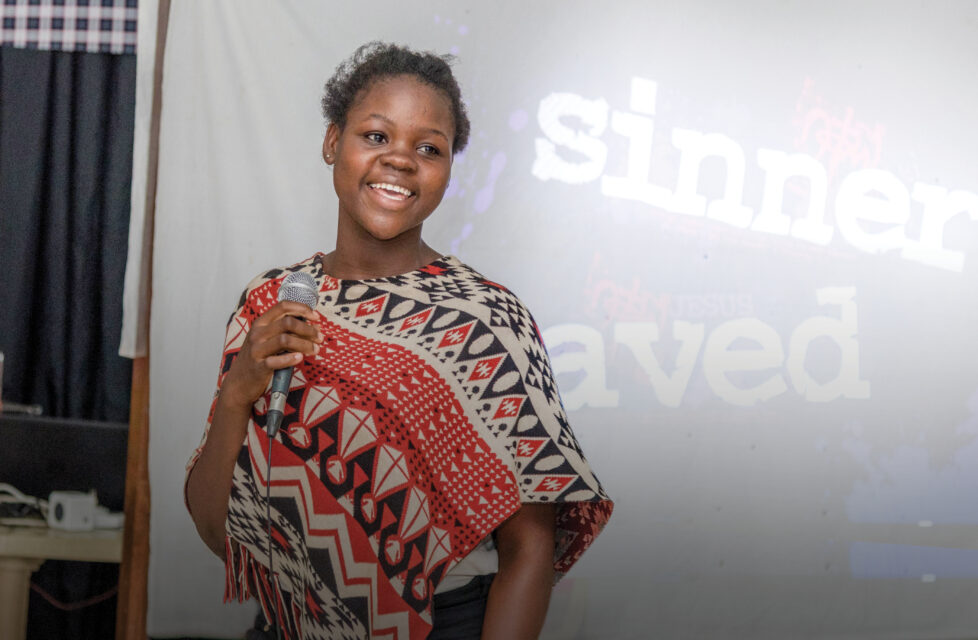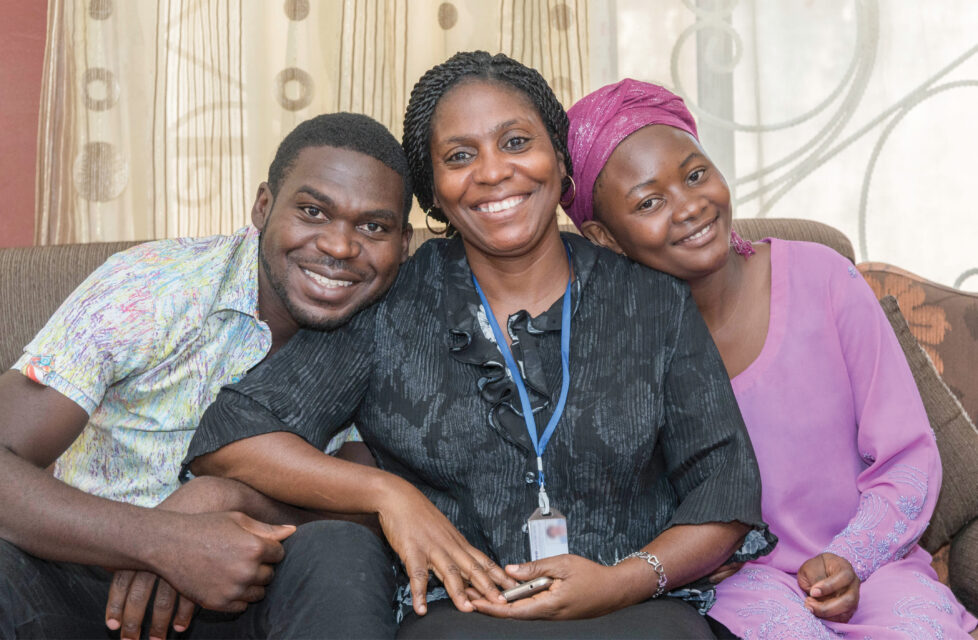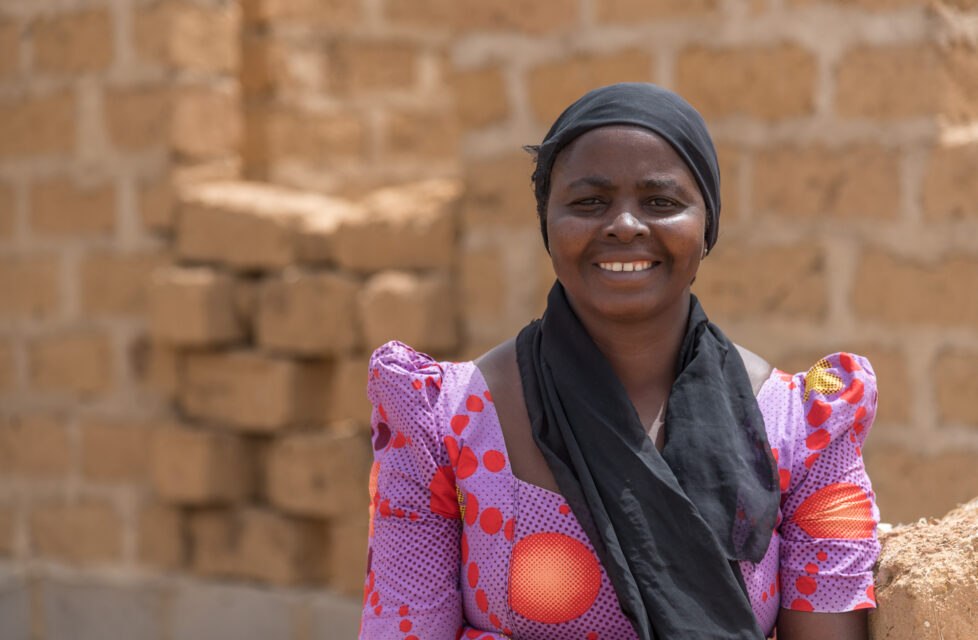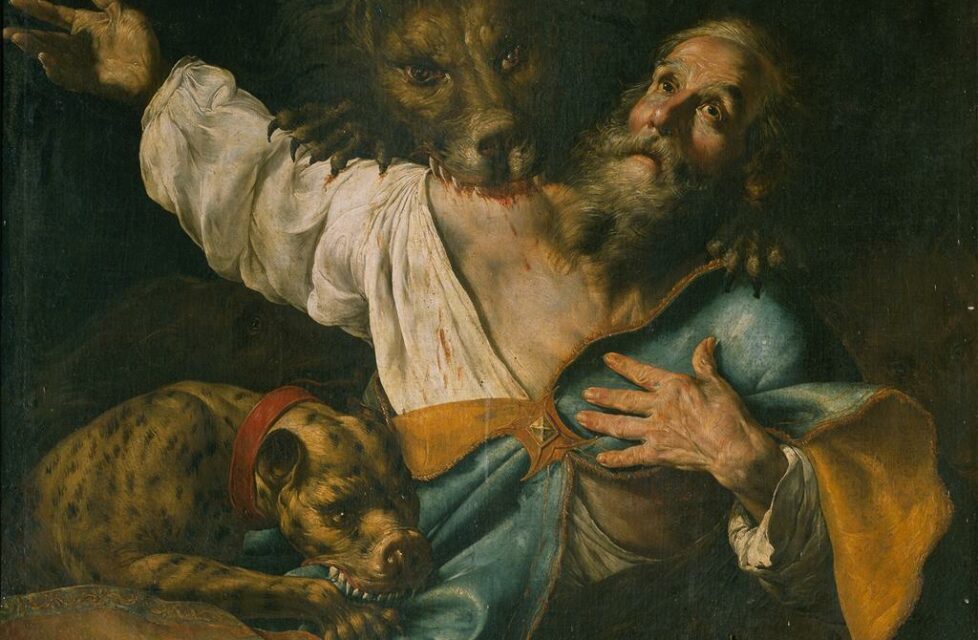Church leaders request prayer for a woman abducted in early March of 2024 in Kaduna State, Nigeria, from an area with a majority-Christian population. “Fulani jihadis opened sporadic gunfire on the entire area,” said a front-line worker. “And while Mrs. Musa Baraka was running to safety, in the confusion, the militants picked her up and shot her 32-year-old son.” The son survived and underwent surgery for his wounds in early May.
Read MoreIn early March 2024, Islamic militants raided several boarding schools in northern Nigeria and abducted more than 300 people. “I spoke to a pastor who personally knows an elderly Christian woman who was among those abducted,” a front-line worker shared. “Her son was shot in the arm when trying to protect her and is currently hospitalized.” Officials do not know if the attackers were members of Boko Haram or ISWAP, two Islamist groups active in the area.
Read MoreFront-line workers recently held a camp for teenagers from several different areas across Nigeria where militant Fulani Muslims and Boko Haram militants have slaughtered thousands of Christians. Each teen in attendance during the camp had lost one or both parents in Islamist attacks. Some of the young people continue to live in areas where militant attacks are common.
Read MorePaul Dangtoumda, a part of the global eldership counsel for Youth With a Mission (YWAM) and the leader for YWAM’s work in Nigeria, comes from a family with a history of Christian persecution. In fact, he bears the scar of persecution his parents faced even before he was born. Listen as he shares the amazing testimony of God’s protection over him and his parents—and how their example inspires his ministry even today. Hear how Paul began working in Nigeria and how today he and YWAM are helping widows—Women of Honor—to persevere in life and faith despite the loss of their husbands. “We had to teach the [women] how to go to the cross,” he says. “Because when they realize that it is God who can save them, then this is the beginning of true counseling.” Paul will also share about a Bible translation effort called Oral Mother Tongue, an effort that YWAM founder Loren Cunningham focused on in the final days of his earthly life. Listen as Paul describes the process from start to finish—and the reaction of people hearing the Bible in their own language for the first time. Paul will suggest ways listeners can pray for this translation effort. Also visit Pray OMT to learn more about the process of making the Bible available to every tribe, tongue, and nation. Never miss an episode of VOM Radio! Subscribe to the podcastOr you can listen each week—and get daily prayer reminders—in the VOM App for your smartphone or tablet.
Read MoreSade, who has been nearly blind most of her life, heard screams as attackers raided her village, so she ran with her three daughters in search of safety. Radical Muslim Fulani men had attacked her village before, so Sade knew their lives were in danger. She, her children and several others took shelter in her brother’s apartment. When militants found them and couldn’t break in, they set the building on fire. The apartment filled with smoke, but the group feared leaving.
Read MoreWeeks before his wife’s death, James had a casual discussion with her about whether either of them would remarry if the other died. James told her he wanted to die first so their two daughters would have a mother to care for them, and his wife, Mary, teased him by saying she would remarry. But then she grew more serious, telling him she had a sense that she would die first. James didn’t think much of the conversation until later, when Mary was killed in an attack on their Christian village in central Nigeria. James was in the city donating blood at a hospital on the day of the attack. When he called home around noon, Mary told him not to come home because they had heard gunshots in a nearby community and she wanted him to avoid traveling through an area of conflict. She was not yet aware that Fulani Islamic militants were attacking the entire region of Barkin Ladi, outside Jos. Beginning at 7 a.m. that Saturday, June 23, 2018, the heavily armed militants swept through the area, using plastic garden sprayers to spray gasoline on houses before setting them ablaze. Mary called James back a little later,
Read MoreHow a young woman overcame the pain of losing her father and forgave his murderers On the evening before Easter Sunday 2012, Comfort Jessy sat in the enclosed courtyard of her home in Nigeria chatting with her parents, older siblings and some neighbors. Around 11 p.m., they heard bombing in the distance, and less than 60 minutes later, Boko Haram militants were burning the church next door and pounding on the gate in front of their home. Comfort’s mother, Juliana, helped her husband hide in one of the back bedrooms, covering him with clothes. “God, we are in Your hands,” she prayed. Several militants entered to search the house while others dragged Juliana into the courtyard, striking her with their guns and taunting her about her faith. “You Christians say God has a son,” they said. “Call on that son! Today is your last day; your own life is over.” They then forced Julianna to kneel. “They said that if they don’t get their man, they will kill her,” Comfort said. “My mother said, ‘Even though I see your gun, I will not fear you.’” One of the men gave a shout from inside the house — he had found
Read MoreAisha Granger is not your typical seminary student. She’s 43, a divorced mother of two children, and she’s Fulani, a member of the predominantly Muslim nomadic tribe spread across West Africa. Her journey started with a desire to learn. “I really wanted to go to school,” Aisha said, “but growing up in a Muslim environment as a Muslim girl, your orientation is toward growing up and being a good Muslim, a good mother.” Aisha followed cultural norms by marrying at age 18 and giving birth to her first child a year later. As a young woman, she studied at the College of Islamic Studies in Bauchi state and became a state representative for the Federation of Muslim Women. She even converted her living room into a mosque where women could pray, since Islam does not allow women to mix with men for prayer at the community mosque. “I used to be a very fanatical Muslim,” she said. “We were taught that Christians are infidels and we should not befriend them; we should not listen to them because they are not worshipers of Allah. We were always encouraged to stay away from Christians because they will make us turn away from
Read MoreLike many Christians in northern Nigeria, Alice has suffered multiple attacks from Muslim extremists, but she is not disheartened because she knows that Christ told us His followers would suffer. Though it has been nine years since her husband was murdered by militant Islamic Fulani herdsmen, every time Alice Bulus hears about a new attack, she re-lives the pain of the day he died. “When I hear the sound of a gun, I panic,” Alice said. Alice and her family were asleep when men with covered faces stormed into their home around midnight on Jan. 13, 2011, in Nigeria’s Plateau state. After calling her husband by name, the men shot him as he opened the bedroom door. Alice, who recognized one of the attackers as a neighbor, tried to stop the bleeding as her husband lay crumpled on the floor and their five terrified children cried in the corner. When the Nigerian military arrived in their village about an hour later, they took Alice’s husband to the hospital. But it was too late; he died on the way to surgery. Crisis upon Crisis In Nigeria, they call it a crisis. Attacks by Boko Haram terrorists and nomadic Fulani militants are
Read MoreDalo arrived at the hospital with second-degree burns over most of his body. He had been left for dead by Fulani Islamic militants after one of a series of attacks that June that had killed hundreds, including his parents and siblings, while leaving thousands homeless. But eight-year-old Dalo did not despair. Though he had lost everything, the words on Dalo’s lips were not filled with anger or revenge. He was praying for those who had attacked him and his family. Life for Christians like Dalo in central Nigeria had not been considered especially dangerous relative to what believers faced in the north. Muslims in northern Nigeria have long desired to create a separate country governed by Islamic law, and the extremist group Boko Haram has served as the primary weapon in that fight, recently enlisting the help of Fulani Islamic militants. But violence from the northern states has gradually crept southward, and in late June 2018, five hundred armed Fulani Islamic militants attacked the areas of Barkin Ladi and Jos South, killing two hundred and displacing ten thousand — mostly Christians. The attacks ripped apart families and left thousands grieving. Oneyoung girl arrived home from school to find that her
Read More
